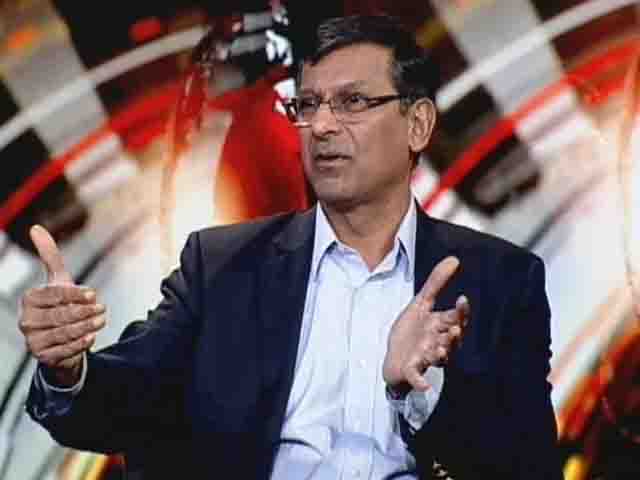news details |
|
|
| Raghuram Rajan Gives Historical Context For Raising Rates, Says Doing So Won't Be "Anti-National" | | |  As inflationary pressures rise and calls for increasing policy rates grow, former Reserve Bank Of India (RBI) Governor Raghuram Rajan has weighed into the debate by saying that RBI will have to increase the rates at some point in time. As inflationary pressures rise and calls for increasing policy rates grow, former Reserve Bank Of India (RBI) Governor Raghuram Rajan has weighed into the debate by saying that RBI will have to increase the rates at some point in time.
He also suggested to politicians and bureaucrats that increasing the policy rates to tame inflation is not "some anti-national activity" but an investment in the country's economic stability. In a post on LinkedIn, Mr Rajan said the war against inflation is never over, and it would be helpful if the central bank remembered: "what happened the last time around?"
While the RBI has maintained the status quo on policy rates to support domestic growth, their uneasiness with rising inflation increases, the central bank has hiked the inflation projection for this financial year to 5.7 per cent from 4.5 per cent. It has also cut back its growth forecast to 7.2 per cent from 7.8 per cent, making inflation a priority.
In the post on LinkedIn, Mr Rajan advised politicians and bureaucrats to understand that the rise in policy rates is not "some anti-national activity benefiting foreign investors, but is an investment in economic stability, whose greatest beneficiary is the Indian citizen."
He then cites an example from his days as RBI governor (Sept 2013-Sept 2016), when he said India had a full-blown currency crisis and inflation was at 9.5 per cent. He said the RBI raised the repo rate from 7.25 per cent in September 2013 to 8 per cent to quell inflation. "As inflation came down, we cut the repo rate by 150 basis points to 6.5 per cent," he added.
Rajan said his actions helped stabilise the economy and boosted growth, which picked from 5.91 per cent in June-August 2013 to 9.31 per cent in June-August 2016. He said this also improved India's forex reserve. But he accepted that not everything was "RBI's doing," and other factors also contributed.
The former RBI governor said that increasing policy rates is an unpopular move. However, he concluded, "it is essential that the RBI does what it needs to, and the broader polity gives it the latitude to do so." |
|
|
|
|
|
|
|
|
|
|
|
|
| |
| |
|
|
|
|
 |
|
|
|
|
STOCK UPDATE |
|
|
 |
| BSE
Sensex |
 |
| NSE
Nifty |
|
|
| |
CRICKET UPDATE |
|
|
|
|
|
| |
| |
|
|
| |
|
|
|
|
| |
|
|
|
|
|
|
|
|
|
|
|
|
|
